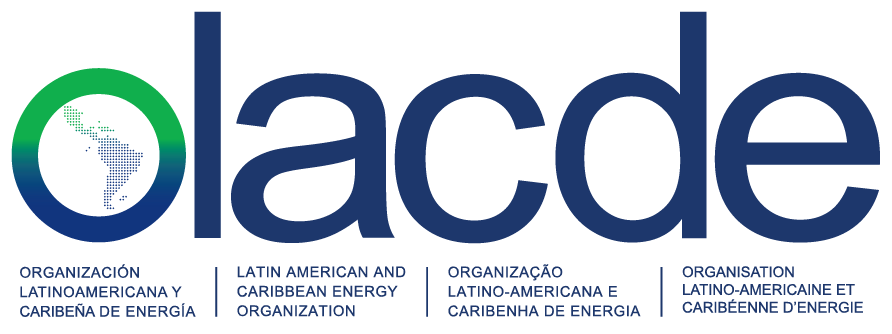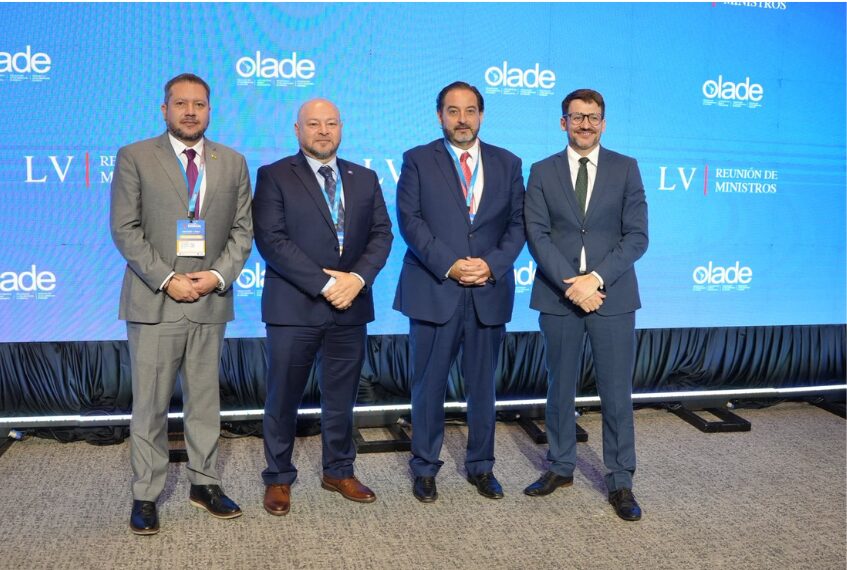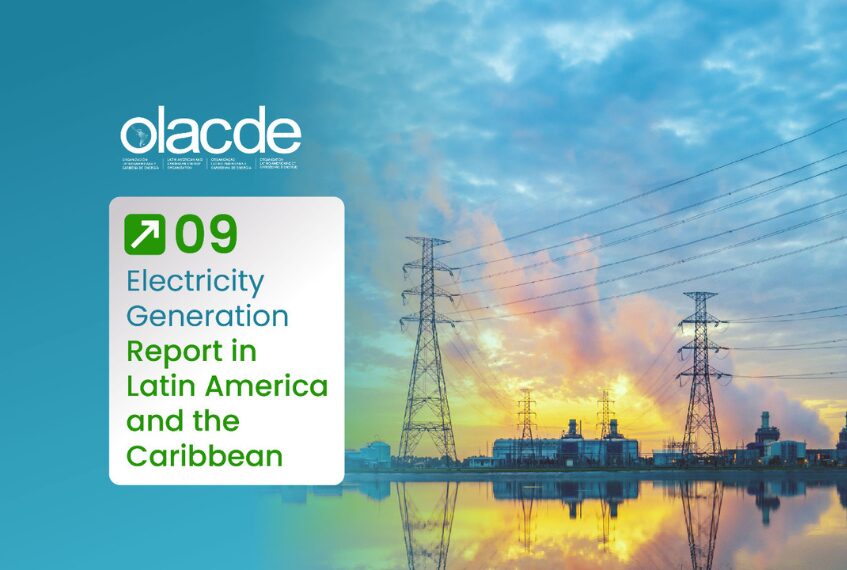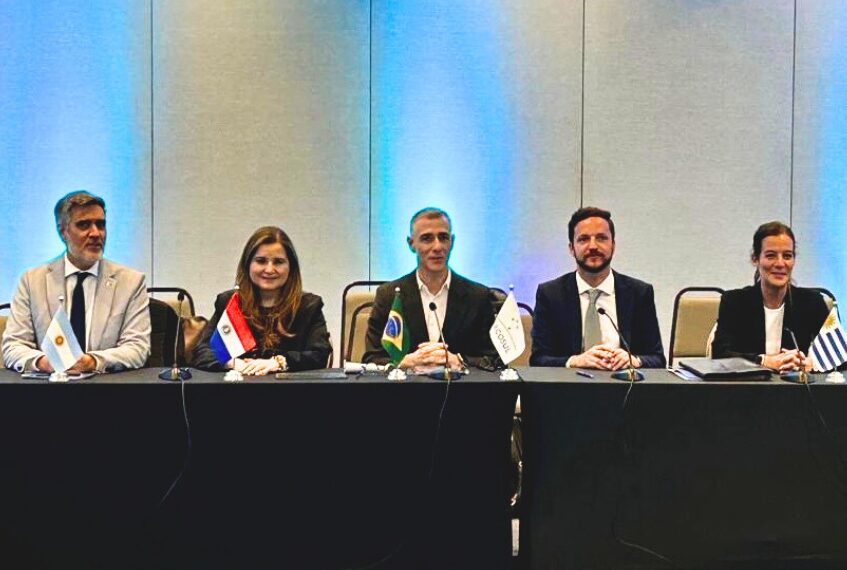Within the framework of the LV Meeting of Ministers of Energy of The Latin American and Caribbean Energy Organization (OLACDE), held in Santiago during the X Energy Week, the President of the Republic of Chile, Gabriel Boric Font, presided over the inaugural ceremony of the highest political decision-making body on energy matters in Latin America and the Caribbean.
The Chilean President highlighted the country’s progress in the energy sector, including the 2024 Energy Transition Law, the promotion of green hydrogen, the Rural Solar Water initiative, the Better School program, and the implementation of the first municipal Community Solar Park in Talagante.
In his address, OLACDE’s Executive Secretary, Andrés Rebolledo, emphasized that “energy is no longer a sectoral issue, but has become the cross-cutting axis that defines the direction of our economies, the stability of our societies, and the hope of future generations.” He also stressed that Latin America and the Caribbean are the greenest region in the world, reaching 70% renewable electricity generation in April 2025, in addition to possessing strategic production of critical minerals essential for global energy transitions. “Our region is a solution region that contributes to the decarbonization of the planet. The energy transition is not a distant goal, it is an urgent task that requires leadership and bold decisions,” he added.
One of the most significant announcements of the day was the reelection of Andrés Rebolledo as OLACDE’s Executive Secretary for the 2026–2029 term, in recognition of his leadership in regional energy integration and the institutional strengthening of the Organization. During his 2023–2025 term, OLACDE consolidated its role as the articulator of the regional energy agenda, driving nine ministerial decisions and four declarations, as well as following up on previous agreements.
In the area of integration, OLACDE strengthened its role as the Technical Secretariat of CELAC and promoted initiatives such as RELAC and CertiHLac, while advancing gas integration within MERCOSUR. At the institutional level, the European Union joined as a permanent observer, Algeria and Haiti reactivated their participation, and new bodies were created such as the Regional Planning Council, the Business Council, and the Methane Observatory (OEMLAC).
On international cooperation, partnerships were expanded with organizations such as IKI, GEAPP, AFD, AECID, and UNEP, while in training and capacity-building, courses and workshops benefited more than 16,500 people, including a master’s degree program and two postgraduate diplomas. An inclusive agenda was also promoted through programs for women and youth, the strengthening of RedLACME, the creation of the Youth Academy on Energy Transitions, and the organization of the First Latin American and Caribbean Youth Energy Meeting.
In terms of communication and positioning, OLACDE increased its presence in international media and launched new monthly publications on electricity generation, energy inflation, and technical notes.
The LV Meeting of OLACDE Ministers of Energy will conclude with the adoption of strategic guidelines on electric integration, grid modernization, technological diversification, and climate financing, reaffirming the Organization’s role as the main articulator of the energy agenda in Latin America and the Caribbean.





